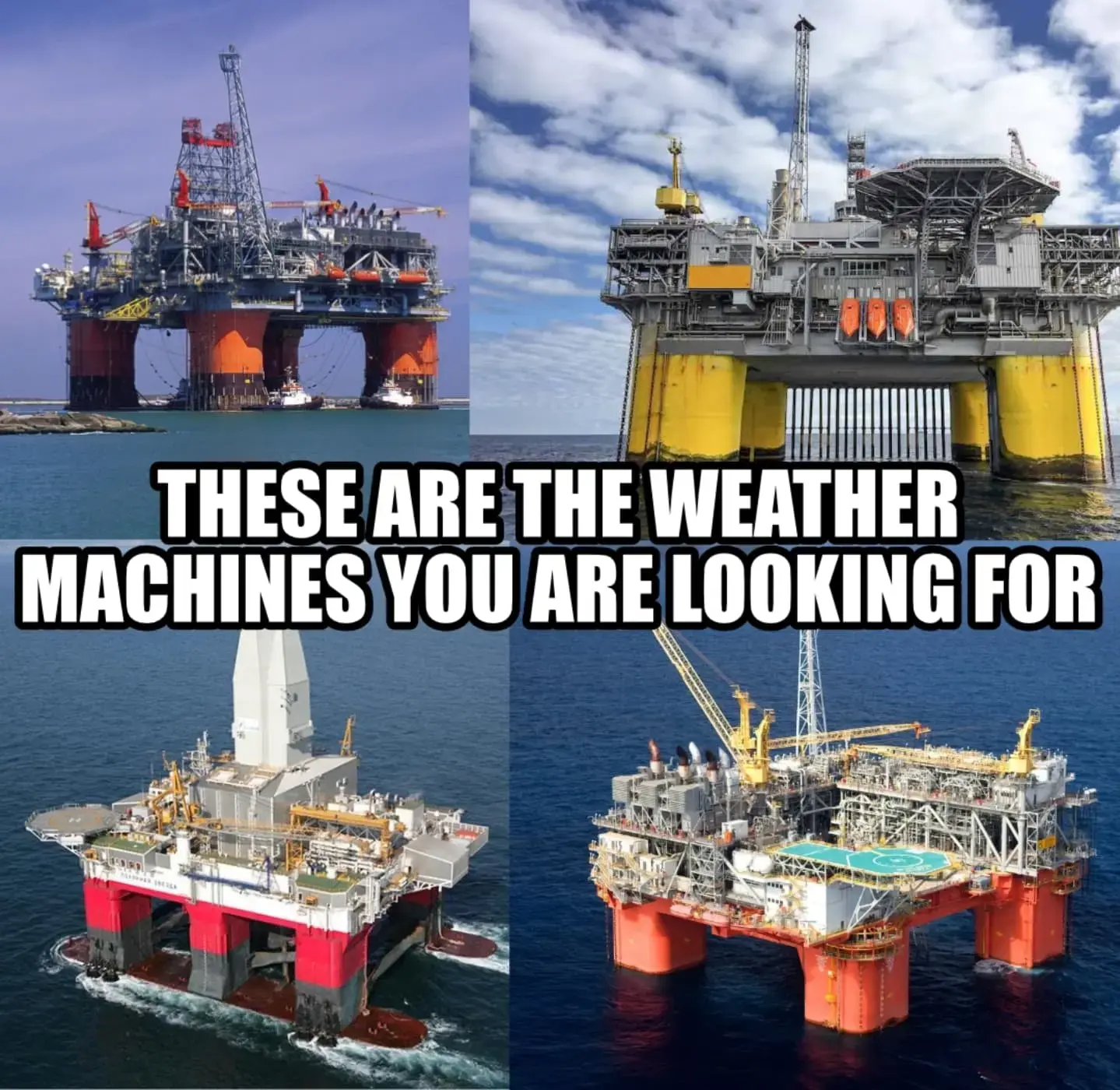Fuck Cars
A place to discuss problems of car centric infrastructure or how it hurts us all. Let's explore the bad world of Cars!
Rules
1. Be Civil
You may not agree on ideas, but please do not be needlessly rude or insulting to other people in this community.
2. No hate speech
Don't discriminate or disparage people on the basis of sex, gender, race, ethnicity, nationality, religion, or sexuality.
3. Don't harass people
Don't follow people you disagree with into multiple threads or into PMs to insult, disparage, or otherwise attack them. And certainly don't doxx any non-public figures.
4. Stay on topic
This community is about cars, their externalities in society, car-dependency, and solutions to these.
5. No reposts
Do not repost content that has already been posted in this community.
Moderator discretion will be used to judge reports with regard to the above rules.
Posting Guidelines
In the absence of a flair system on lemmy yet, let’s try to make it easier to scan through posts by type in here by using tags:
- [meta] for discussions/suggestions about this community itself
- [article] for news articles
- [blog] for any blog-style content
- [video] for video resources
- [academic] for academic studies and sources
- [discussion] for text post questions, rants, and/or discussions
- [meme] for memes
- [image] for any non-meme images
- [misc] for anything that doesn’t fall cleanly into any of the other categories
Recommended communities:
view the rest of the comments

That 10% created a demand that caused the 60% to happen. To decrease or even eliminate that 60%, the 10% have to change their behaviour as well, even after decades of being indoctrinated.
Not even remotely true. Most emissions are caused by factors completely indepedent from consumer vehicles. Nearly 60 percent comes from power generation, industrial processes, and goods transportation (Not to be confused with personal vehicle use)
Who those power generated for? What those industrial processes making? And who those goods is delivered to? It's all come down to over consumption.
We all need fuel to drive the car, if the oil is stopped today, what are people gonna do? They still have to change their behaviour regardless.
Same case everywhere. Stopping plastic and consumer has to change the way they purchase thing. Stopping beef industry and consumer has to eat less beef or eat another thing. It's a cycle, most of that 90% emission that link to big company emission is directly correlated to how the consumer act. You can't stop oil without first giving a viable alternative transportation everywhere, but you won't get viable alternative transportation and a properly build town/city if people being a little bitch with NIMBY mindset and want everywhere to be accessible by car and refuse to walk.
You said it yourself... It has nothing to do with our use of personal vehicles.
Our reliance on vehicles is a result of horrible city design, lobbying from vehicle manufacturers, and lack of public transportation. All of which have nothing to do with people's tendency to over-consume.
When you start creating impossible hypotheticals to justify your reasoning, it is a sign that your argument doesn't actually make sense.
Let's look at energy production, the single worst contributor to emissions worldwide. The consumers' propensity to overuse has no bearing on where the energy comes from. Switching to renewables comes from government intervention in the form of incentivizing/requiring green energy production. Unfortunately, due to utility monopolies (at least in the US), the consumer has no way of controlling that. So no, it's not all a cycle, if it were that simple, we wouldn't be having these problems.